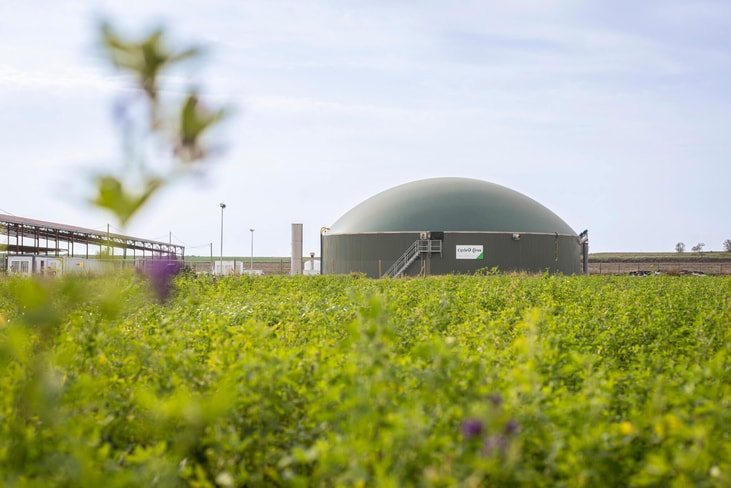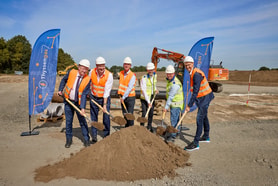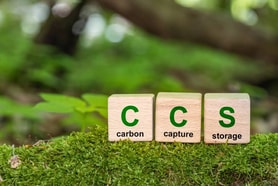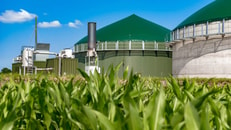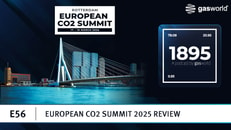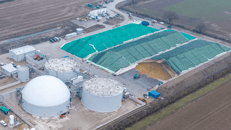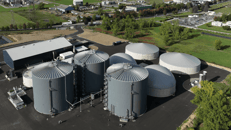World Biogas Summit: Financing biogas hinges on certification, transparency and trust
Unlocking capital for biogas projects will depend on improving certification, building trust in carbon accounting, and aligning with evolving policy frameworks, according to speakers at the World Biogas Summit 2025, which took place last week.
In a session focused on financing the future of biogas, representatives from Denmark, the US and Brazil warned that fragmented standards and inconsistent life cycle assessments are holding back bankability.
Despite the sector’s growing climate value, developers continue to face barriers to finance without clear frameworks to quantify and reward environmental performance.
Investor trust depends on credible carbon data
... to continue reading you must be subscribed

